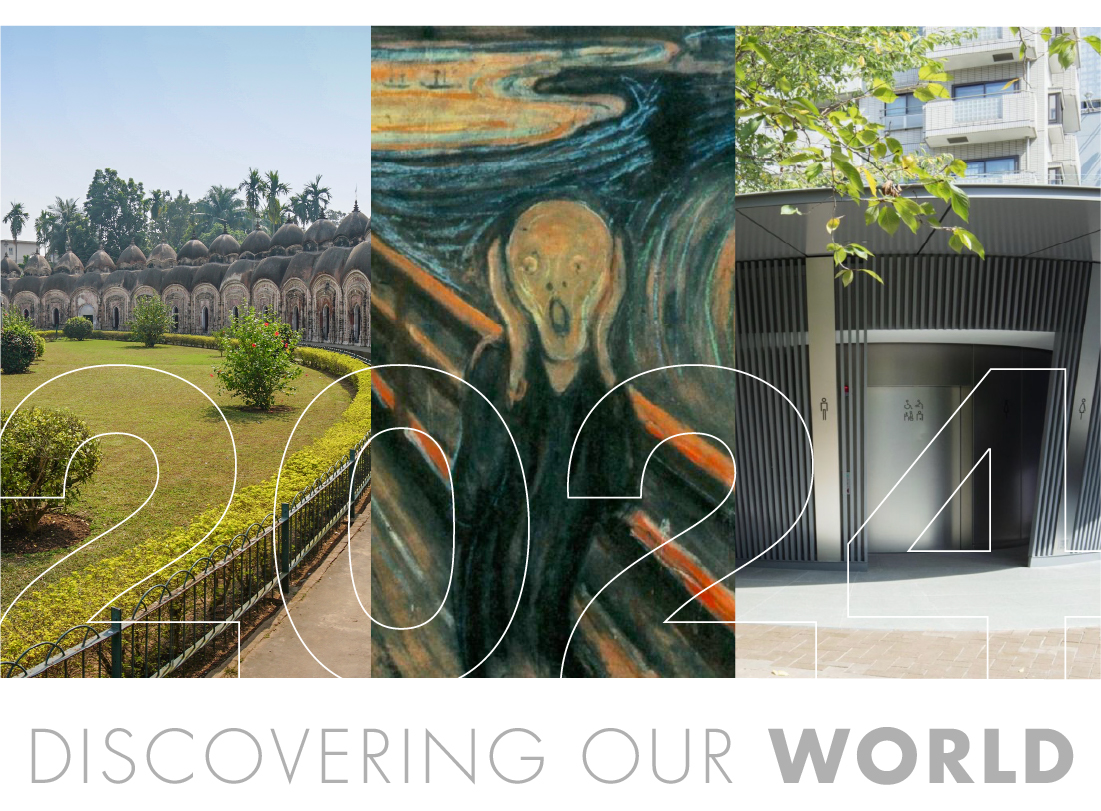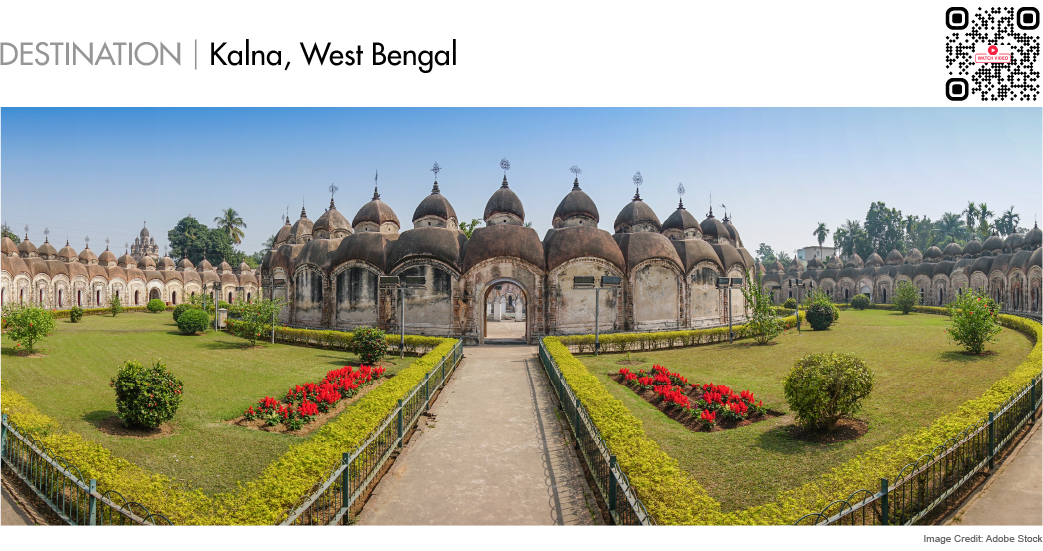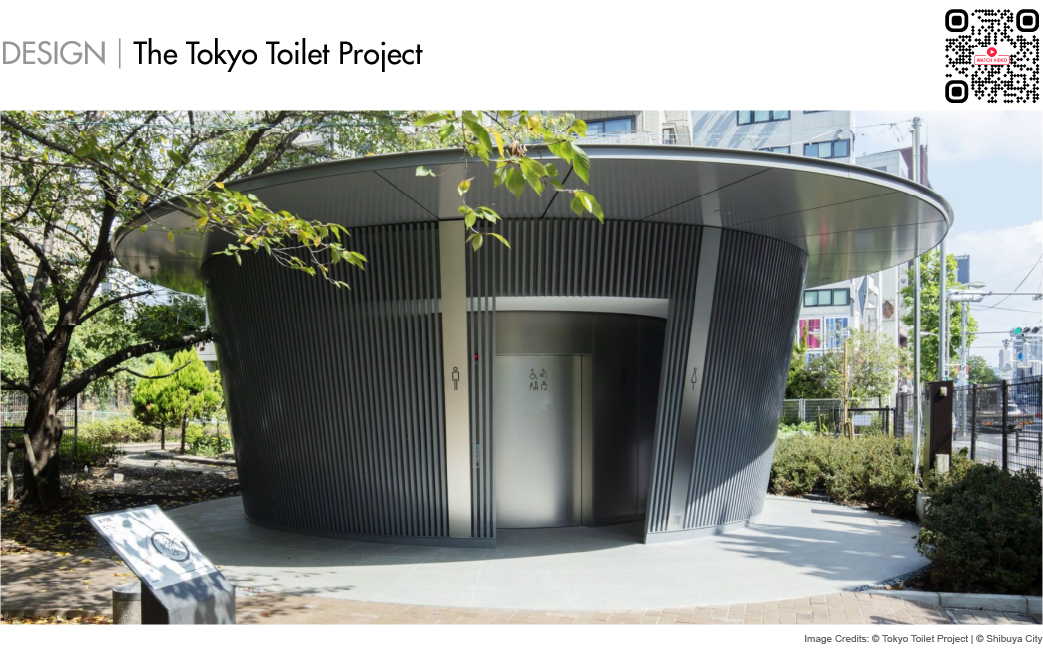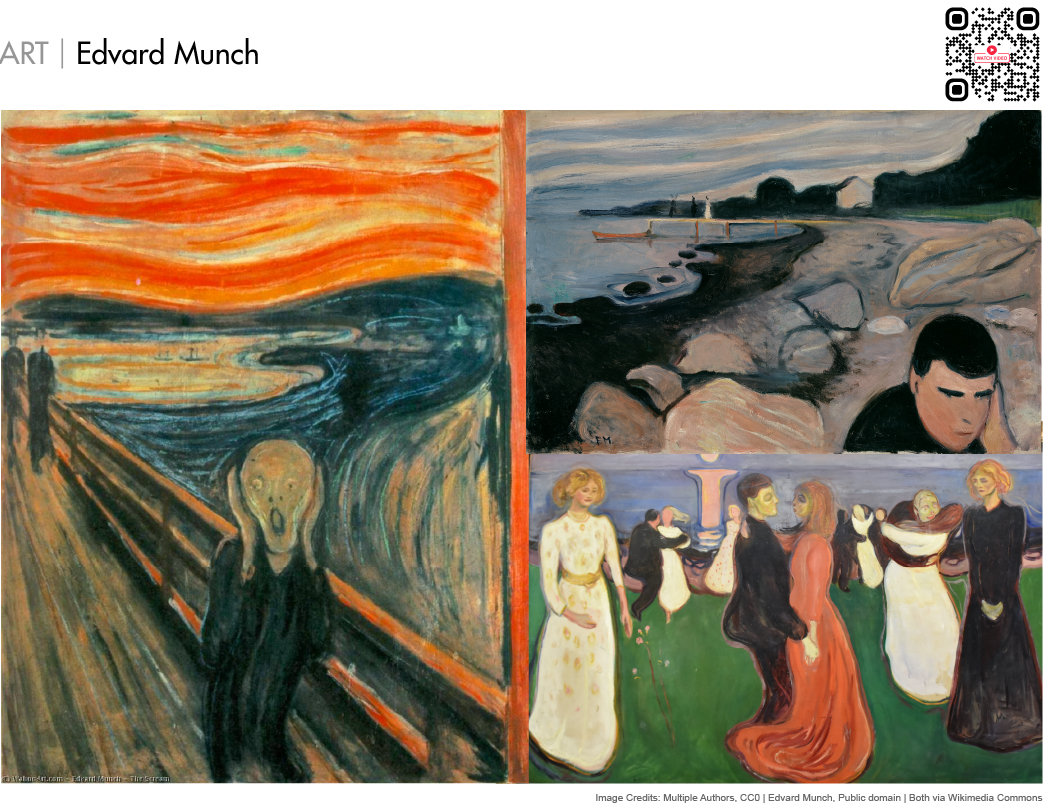July 2024

We continue to look at our world with a different perspective. And to help you discover this constantly evolving world, our team at Veritas continues to create this digital annual calendar that hits your mailbox once every month, bringing with it a wave of curated information on iconic people, travel destinations, art and architecture projects, world cinema, literary works, food, technology and lots more.
While we do provide a PDF download link to the calendar, our major announcement this year is the availability of this curated information on our website under Publications, to help you revisit or bookmark the information for later.
We hope you enjoy this journey and our new way of re-discovering the world.


Kalna, also known as Ambika Kalna, is a historic town in the district of West Bengal, India. Situated on the western bank of the Bhagirathi River, it is renowned for its rich cultural heritage and architectural marvels. The town is referred to as the “City of Temples” due to its impressive collection of terracotta temples, dating back to the 18th century. The most notable among these is the Rajbari complex, which features the stunning Naba Kailash temple with its 108 Shiva lingas arranged in two concentric circles. The temples’ intricate terracotta work showcases the exquisite craftsmanship of the region and offers a glimpse into the religious and artistic fervour of the time.
Apart from its architectural splendor, Kalna is also known for its vibrant cultural scene and traditional festivities. The town hosts several festivals throughout the year, with Durga Puja being one of the most prominent, drawing visitors from all over the state. Additionally, the town has a thriving handloom industry, producing beautiful textiles that are highly sought after. With its blend of historical significance, cultural richness, and economic activity, Kalna remains a must-see picturesque town in West Bengal.

The Tokyo Toilet Project is a unique initiative launched by The Nippon Foundation in collaboration with renowned architects and designers to revolutionise public restrooms in Tokyo. Aiming to challenge the stigma associated with public toilets, the project involves redesigning 17 public toilets in Shibuya, a bustling district in the city. These toilets are not just practical facilities but architectural marvels, each reflecting the creativity and vision of their designers. By incorporating innovative features such as transparent walls that turn opaque when locked, the project ensures cleanliness, safety, and accessibility for everyone, including people with disabilities, the elderly, and parents with young children.
Beyond functionality, the Tokyo Toilet Project seeks to elevate the aesthetic appeal of public spaces and promote a culture of cleanliness and respect. The initiative was part of a broader effort to enhance the city’s infrastructure ahead of global events like the Tokyo Olympics. The designs emphasise inclusivity, environmental sustainability, and integration with the urban landscape, making these toilets landmarks in their own right.
By transforming an often-overlooked aspect of urban life, the Tokyo Toilet Project not only improves the quality of public amenities but also fosters a sense of community pride and global admiration for Tokyo’s commitment to innovation and public welfare.

Edvard Munch was a Norwegian painter. His childhood was overshadowed by illness, bereavement and the dread of inheriting a mental condition that ran in the family. Studying at the Royal School of Art and Design in Kristiania, Munch began to live a bohemian life under the influence of the nihilist Hans Jæger, who urged him to paint his own emotional and psychological state. And from this emerged his distinctive style leading to his best known work, The Scream, which has become one of the iconic images of world art.
Travel brought Munch new influences and outlets. In Paris, he learned much from Vincent van Gogh and Henri de Toulouse-Lautrec, especially their use of colour. In Berlin, he met the Swedish dramatist August Strindberg, whom he painted, as he embarked on his major canon The Frieze of Life, depicting a series of deeply-felt themes such as love, anxiety, jealousy and betrayal, steeped in atmosphere. His most famous work, The Scream, was conceived in Kristiania, now Oslo. According to Munch, he was out walking at sunset, when he ‘heard the enormous, infinite scream of nature’. The painting’s agonised face is widely identified with the angst of the modern person.
CREDITS
This Calendar uses references, excerpts and modifications of varied material available from numerous online sources (referenced below), including text generated in part with GPT-3, OpenAI’s large-scale language generation model and Wikipedia articles & photos, released under the Creative Commons Attribution-Share-Alike Licenses. Upon generating the draft language, the editorial team reviews, edits, and revises the language.
DISCLAIMER
The Copyright Act, 1957 restricts the unauthorised use of any work in which a copyright subsists under the Copyright Act, 1957, except in the case of ‘fair use’ of such work in relation to inter alia, the reporting and review of current and historic events. By clicking on “AGREE” below, the user acknowledges and confirms that:
a. This calendar is a periodical focused on raising awareness of various cultural and lifestyle topics and there has been no commercial benefit of any sort whatsoever conferred to us or any of our members through this calendar or any work / material contained therein;
b. This calendar acts as a resource solely for the purpose of providing a compilation of general information available in the public domain about current events and occurrences, historical and / or legendary facts, and the review and reporting of works in relation to art, food, culture, design, lifestyle and travel, at the user’s own risk, cost and liability;
c. This calendar or any information or work included therein is not connected to the business of Veritas Legal in any manner whatsoever and does not endorse any services, business endeavors or causes associated with, or provided by us.
d. This calendar shall not be construed as legal advice or create any lawyer-client or any other monetary relationship with Veritas Legal or our members in any manner whatsoever;
e. The links and works contained in this calendar shall in no way be considered referrals, endorsements or affiliations with the linked or featured entities and Veritas Legal shall not hold responsibility for the content of such links and works;
f. Veritas Legal does not claim ownership over the images and other works used in the calendar. All credits go to the rightful owners.
The user shall not hold Veritas Legal responsible for any action taken relying upon the content of this calendar. In cases where the user has any legal issues and requires assistance, he/she/it must seek independent legal advice.
Veritas Legal is committed to respecting copyright law, fair dealing principles, and the privacy and publicity rights of individual. While we make every effort to ensure legal compliance, if you believe that this calendar has used your copyrighted material inappropriately or that your rights have been violated, please contact us at: contact@veritaslegal.in to address your concerns.
This disclaimer is subject to change, and we recommend periodically reviewing it to stay updated on our practices and policies. Your continued use of this calendar implies your acceptance of the terms outlined in this disclaimer.
